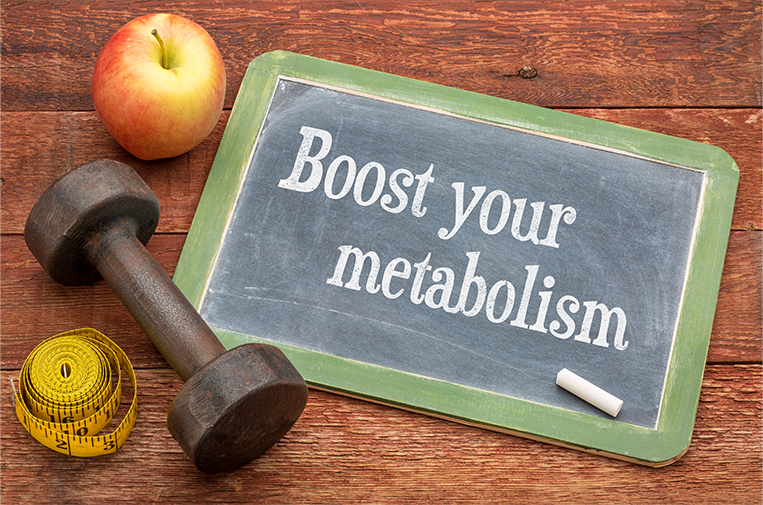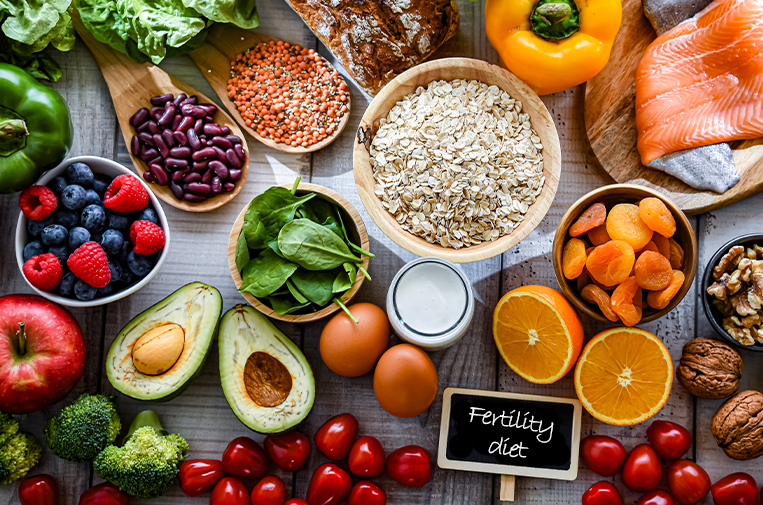There has been a recent surge in interest in the use of DHEA supplements to aid women with diminished ovarian reserve (DOR) or poor ovarian response (POR).
DHEA (Dehydroepiandrosterone) is a naturally occurring hormone produced primarily by the adrenal gland. DHEA levels peak in early adulthood and decline with age. DHEA is used by our bodies to produce Estrogen and Testosterone – the major female and male sex hormones.
With either DOR or POR, it is commonly thought there is a reduced number of functional eggs within the ovaries. As women age, it is well established that:
- Ovarian response to ovulation stimulation medications decreases
- Pregnancy rates are reduced
- Miscarriage rates increase
- The number of chromosomal abnormalities in the embryo increase
While spontaneous pregnancies do occur in patients with DOR or POR, live birth rates are typically quite low. Even with in vitro fertilization (IVF), there is typically a poor response to ovulation stimulation with fewer oocytes obtained, reduced embryo quality, and increased pregnancy loss. Often patients with DOR and/or POR utilize multiple complementary methods such as Acupuncture, herbal preparations, and supplements including DHEA, Co-Q-10, Melatonin, and Royal Jelly.
How might DHEA help?
In the past 10 years, there have been a number of small studies published that provide insight on DHEA, including:
- Promoting early follicle growth and reduce follicle atresia (cell death) leading to increased ovarian response to medications, increased oocyte production, and pregnancy rates with IVF
- Improves the follicular environment
- Reduces aneuploidy (an abnormal number of chromosomes in the fetus) helping improve embryo quality and reducing miscarriage rates.
There are no natural food sources of DHEA. DHEA is available as a dietary supplement and does not require a prescription. The micronized pill forms are advised and the usual dose advised is 75 mg daily in 3 divided doses. DHEA is normally well tolerated. Common side effects for women may include oily skin and acne, facial hair growth, and a deepening of the voice. DHEA should not be taken when pregnant or breastfeeding.
There are no long-term studies on the safety of DHEA supplementation using the 75 mg/day dosing. DHEA can increase the levels of androgens and estrogens in the body, and could therefore increase the risk of hormone-sensitive cancers such as breast or ovary.
As interactions with other supplements or medications may occur and certain medical conditions could be adversely affected by DHEA supplementation, always discuss using DHEA with your healthcare provider before starting.
My take on DHEA:
- DHEA might be helpful in women with DOR or past POR, especially if combined with IVF.
- Only 1 quality randomized, prospective study has been published to date showing an increase in live births with DHEA supplementation. The study is limited by a small sample size. Women with secondary infertility showed the greatest benefit. Studies of larger size will be needed to bear out the potential benefits.
- The majority of studies have not reported measuring DHEA levels before or during treatment.
- DHEA supplementation may be needed for 7-10 weeks before any benefit is seen.
- Short-term use of DHEA appears to be safe and well tolerated.






